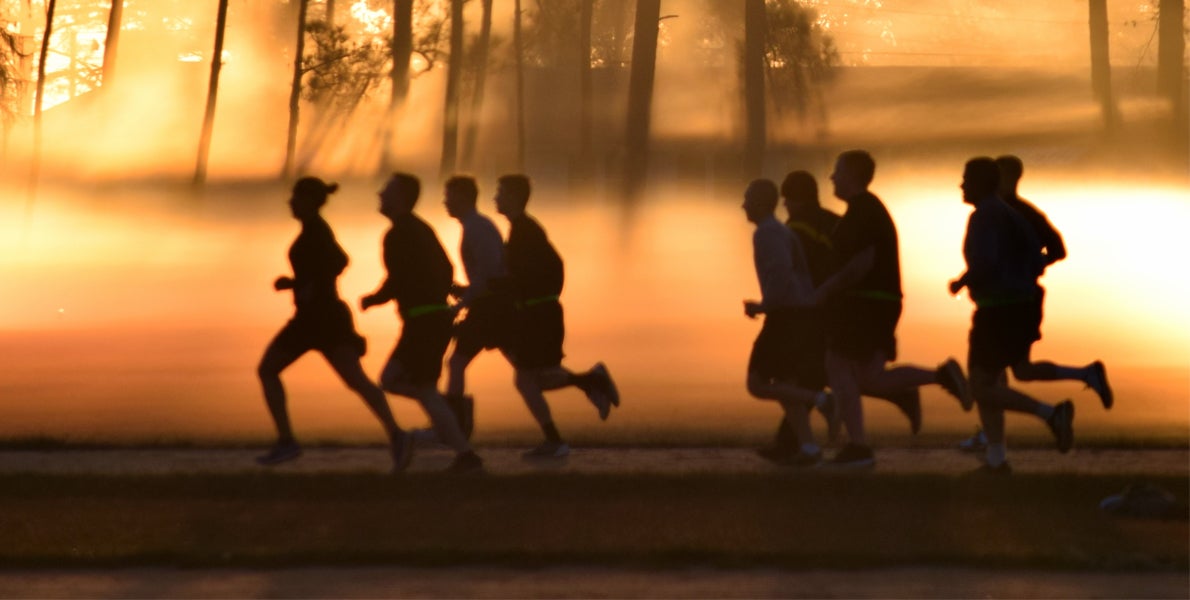Soldier Obesity May Affect Readiness
Soldier Obesity May Affect Readiness

Obese soldiers may be unfit to fight and could negatively affect readiness, according to new research that examines the effects of the country’s obesity epidemic on U.S. troops and how it may contribute to a national security crisis.
The research, led by Maj. Brian J. Shiozawa, an Occupational and Environmental Medicine Program resident at Walter Reed National Military Medical Center in Bethesda, Md., sought to determine how the obesity trend in the U.S. translates to the use of health care services among troops.
Obese service members, he said, “consume more health services than normal and overweight service members, suggesting that they are less fit to fight.” Shiozawa and his team examined Defense Health Agency data related to nearly 430,000 soldiers.
“We found a statistically significant difference in the frequency of health service utilization between normal, overweight and obese soldiers. The frequency of the higher utilization negatively impacts mission readiness and is contributing to a national security crisis,” Shiozawa said in research presented during the Fall Obesity Summit of the Obesity Medicine Association in Washington, D.C.
“While evidence exists regarding injury rates and [body mass index],” Shiozawa said no research has been done to properly define the burden of obesity on the military’s health services facilities that could help determine a more mission-oriented standard for body mass index. According to Shiozawa, the Army is developing a policy to address the obesity trend among soldiers.
“Our findings, which evaluate the entire Military Health System, combined with other evidence of injury rates and other findings, can be used to develop new medical standards for qualification for service,” Shiozawa said.

